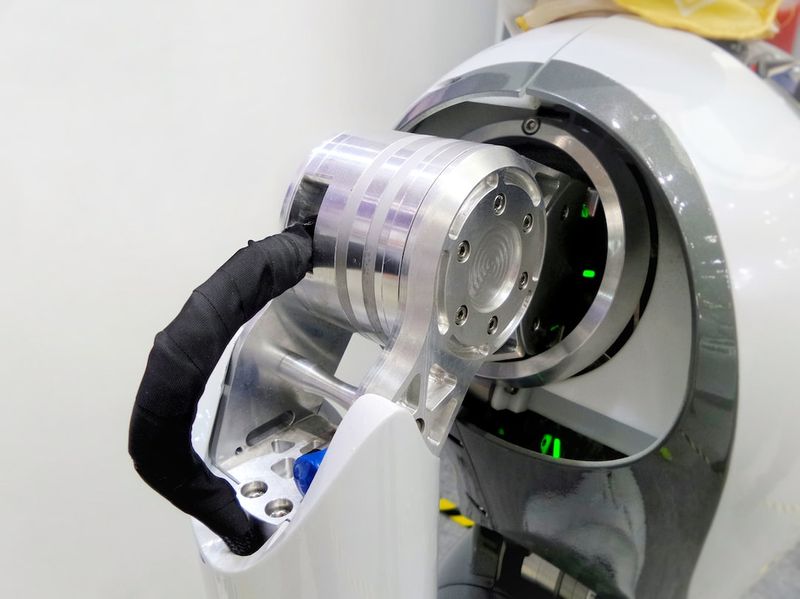### The Need for a New Regulatory Agency for AI
Altman intends to establish a U.S. or global agency that would oversee the licensing of the most powerful AI systems. Such an agency would regulate the development, deployment, and operation of AI systems to ensure compliance with safety standards and block AI models that could “self-replicate and self-exfiltrate into the wild.” Such an agency would ideally have the authority to “take that license away” if deemed necessary, preventing certain models from being operated. Altman believes that the increasing power of AI systems demands government intervention to mitigate its risks, and that the formation of a regulatory agency with legislative oversight will ensure proper governance over AI systems.
### The Role of Existing Civil Rights and Consumer Protection Laws
The hearing also highlighted the importance of existing civil rights and consumer protection laws to crack down on harmful AI products, including those that disseminate false information on social media platforms. The panel’s ranking Republican, Sen. Josh Hawley of Missouri, expressed his concerns over the transformative impact of artificial intelligence “with implications for Americans’ elections, jobs, and security.” In this respect, AI companies should be required to test their systems and disclose known risks before releasing them to the public. For example, IBM’s chief privacy and trust officer, Christina Montgomery, believes that Congress should take a “precision regulation” approach to AI deployment, which would establish rules to govern the deployment of AI in specific use-cases, not regulating the technology itself.
### The Future of AI Regulation
Altman’s proposal for a new regulatory agency would address society’s broader concerns regarding the impact of AI on social norms, and ethical standards, and security in the long run. Although there is no immediate sign that lawmakers are poised to craft sweeping new AI regulation, the hearing suggests there is growing support for AI oversight, although industry insiders caution against heavy-handed rules. OpenAI and other tech firms continue to advance their development of more powerful AI models while lawmakers in the US and Europe are formulating regulatory frameworks. The debates that follow in response to AI’s transformative potential will likely involve balancing safety, privacy, and ethical concerns against the need for innovation and progress.
In conclusion, the Senate hearing provided valuable insights into the regulation of AI. The growing concern in society over the adverse impact of AI on safety, privacy, and ethical standards demonstrates the need for government intervention. While Altman and IBM representative Christina Montgomery suggested distinct approaches to regulation, both agreed that existing laws could be expanded to cover AI deployment. Whatever the specifics of the regulatory framework may be, all stakeholders must work together to ensure that AI technology continues to advance with proper governance and oversight.

<< photo by Possessed Photography >>
You might want to read !
- “Regulating the Rise of AI: Navigating Its Proliferation Across Industries”
- Exploring the Persistent Threat from China’s Mustang Panda Hackers Targeting TP-Link Routers
- Google’s New Login Tech Sidelining Passwords for Better User Experience
- Innovative digital solutions promise to eradicate cybercrime, say researchers
- “Ransomware Fashionably Targets VMware ESXi Hypervisors, Michael Kors Shows”
- Security Expert Lea Kissner Joins Lacework as New CISO
- “Assessing the TSA’s Upgraded Cybersecurity Measures After Colonial Pipeline Attack”




